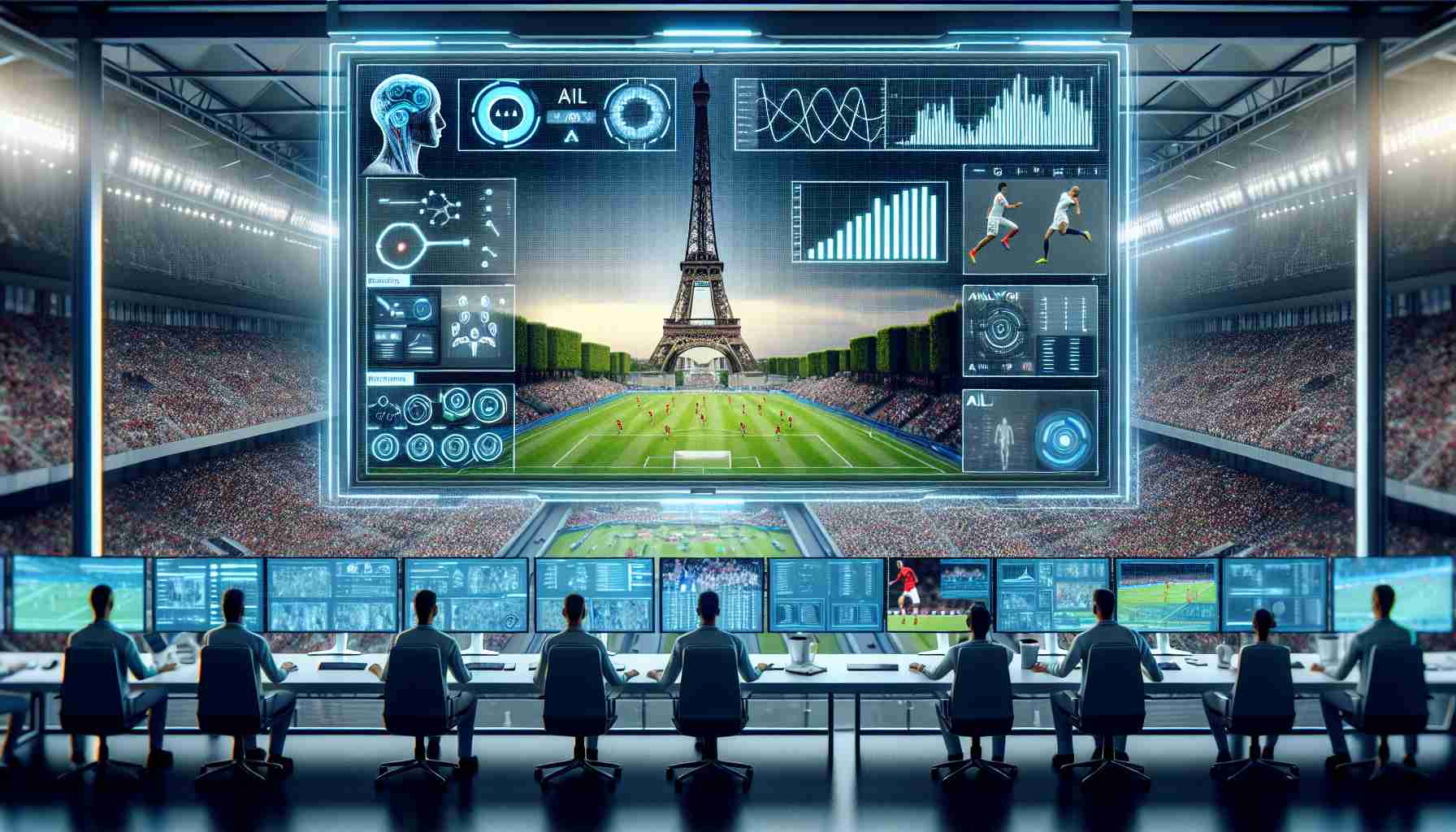Protecting Athletes from Online Harm: AI to the Rescue
In a pioneering move to shield participants from the perils of online harassment, the International Olympic Committee (IOC) has announced the deployment of an artificial intelligence system for the upcoming Paris Olympics. This cutting-edge technology is engineered to vigilantly scan and assess thousands of social media accounts across major platforms, extending its protective net to include over 35 languages, operating in real-time efficiency.
The IOC explained that the AI-driven system is meticulously crafted to rapidly identify and report threats. The primary objective of this innovation is to intercept offensive messages, empowering social media platforms to act swiftly, often before the athlete becomes aware of the abuse. By deploying this technology, athletes can immerse themselves in their performances with the assurance that their digital safety is being proactively managed.
This initiative by the IOC is a testament to their ongoing commitment to creating a supportive environment that allows athletes to focus solely on their sporting endeavors. With AI as a digital guardian, the Paris Olympics is set to mark a milestone in the integration of technology to enhance the welfare and experience of Olympians worldwide.
Important Questions and Answers:
1. How does the AI system detect online harassment?
The AI system employs algorithms to scan and analyze social media activities, focusing on detecting patterns, phrases, or indicators associated with harassment and threats. It compares the content against a database of identified harmful material and assesses the risk in real-time.
2. Will the AI system respect the privacy of individuals?
A key challenge is ensuring the system effectively balances safety with respect for privacy. Typically, these AI systems are designed to focus on publicly available data on social media platforms, thus minimizing privacy intrusions.
3. How do athletes opt in or out of this monitoring?
The details of how athletes are enrolled or can opt out of this monitoring have not been explicitly mentioned. The system may cover all participating athletes as a part of the Olympic safeguarding policies unless they choose to opt out, if that option is available.
4. Can the AI system adapt to new forms of harassment?
One of the challenges of AI monitoring systems is the need for them to continually learn and evolve to recognize new forms of harassment as offenders might change their tactics to avoid detection by AI systems.
Key Challenges or Controversies:
– Over-reliance on technology: There might be concerns about relying too heavily on technology for safeguarding measures and whether it can substitute for human judgment and nuanced understanding.
– Efficacy: Skepticism may arise over the AI’s ability to correctly interpret and respond to complex forms of harassment or the use of sarcasm and local slang, which may lead to false positives or negatives.
– Freedom of speech: There may be controversies regarding the definitions of harassment and the boundaries between monitoring harmful interactions and censoring freedom of speech.
Advantages:
– Real-time monitoring: The AI system can offer 24/7 vigilance at an efficiency level unattainable by human teams.
– Proactive intervention: The capability to detect and report incidents before they reach the athlete could help to significantly reduce the emotional and psychological impacts of online abuse.
– Scalability: AI systems can scale to monitor vast quantities of data and a large number of athletes simultaneously.
Disadvantages:
– False positives: The potential for AI to misinterpret content as harmful when it is not, leading to unnecessary censorship.
– Adaptability of harassers: Harassers may develop new ways to bypass the AI’s detection mechanisms.
– Potential for abuse: The technology could potentially be misused if not strictly controlled and could be used to monitor and suppress legitimate expressions.
Suggested related links:
Olympics
Twitter
Facebook
Instagram
These links connect to the main domains of the International Olympic Committee and the major social media platforms where the AI system will likely be most active. These domains are verified as the official websites for these entities.

